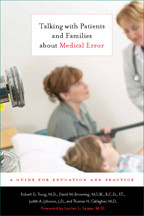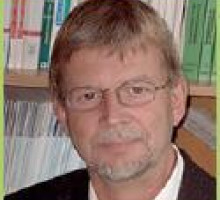
Reviews
A valuable and enlightening educational experience. Niethammer writes with authority and insight.
Passionately arguing for open communication with sick and dying children, Niethammer reveals the vivid moral and imaginary lives of children and how they can be crushed by lies and evasions, however well intended. Despite the sorrow surrounding this subject, Niethammer never despairs. A book about life at the end, not the end of life.
Book Details
Foreword, by Christoph Schmeling-Kludas
Foreword, by Ruprecht Nitschke
Preface
Acknowledgments
1. Introduction
2. Children, Sickness, and Death
3. Children in the Hospital
4. Children and Doctors
5. Death and
Foreword, by Christoph Schmeling-Kludas
Foreword, by Ruprecht Nitschke
Preface
Acknowledgments
1. Introduction
2. Children, Sickness, and Death
3. Children in the Hospital
4. Children and Doctors
5. Death and Dying in the Everyday Lives of Children
6. Physician Paternalism versus Patient Autonomy
7. The "Precociously Mature" Child
8. Healthy Children's Concepts of Death
9. Sick Children's Concepts of Death
10. Should We Tell Sick Children the Truth?
11. Decisions at the End of Life
References
Name Index






